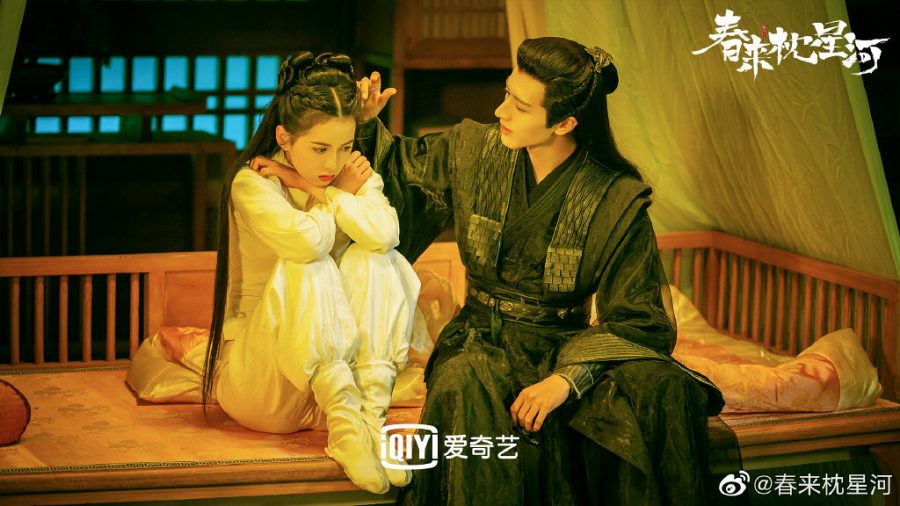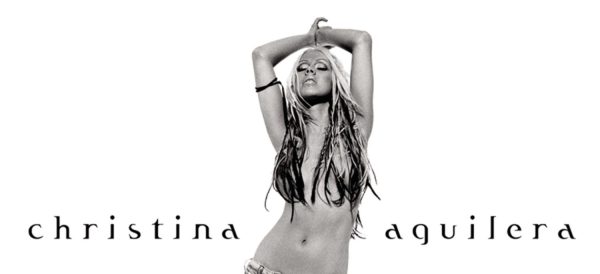Chinese Dramas
Great Tools for Learning Language and Misogyny
Growing up in a Chinese family, the Mandarin language was a huge part of my life. Eventually, Chinese television dramas — C-dramas — made their way into my binge-watching profile. C-dramas are generally produced in China and known to improve Chinese language proficiency for beginning to intermediate level Chinese speakers. However, they are often very misogynistic. Sexism is not only present in nearly every single C-drama but is also often romanticized. These dramas have great plotlines as well as bright colors. As a viewer,you naturally want to like them– but that doesn’t cover up the fact that they sexualize male ego and trivialize consent.
I started watching C-dramas in middle school, a time when I was much more oblivious to the underlying misogyny in the script and character actions in these dramas. In high school, I watched noticeably less because I was not able to continue watching acts of misogyny being romanticized anymore.The male lead grabbing the female lead forcefully by the hand is not a sign of love. Constantly saying hurtful things to her is not playing hard to get. These incidents are not isolated. Whatever it is, these dramas constantly test my limits and force me to accept certain amounts of sexism as normal in order to even continue watching.
To understand where sexism in C-dramas stems from, we’ll have to start with Historical C-dramas. There are many types, but I typically split this category into two subcategories: Wuxia and Palace dramas. Wuxia dramas are about martial artists in Ancient China. In these dramas, there’s generally two groups of martial artists: a good group and a bad group. The labelling of “good” and “bad” often helps cover up sexist behavior. These martial artists (typically all men) expect women to be 贤良淑德 (caring, obedient, gentle, with good temper and manners), a term that is very misogynistic in and of itself. Despite the “good” martial artists’ constant talk about loyalty, justice, and righteousness, they typically prove their loyalty by taking others’ freedom. They often marry their daughters off because they view their daughter’s marriage as a transaction that proves their loyalty (though not to their daughters) and gains an ally for the family. To add to that, every time I’ve seen this happen, the daughter is always extremely unwilling, but that won’t change anything for her. These dramas want to make sure that this point gets across: consent simply doesn’t exist for women
Palace dramas generally occur during one of the Chinese dynasties and the main characters are all from the imperial family. The Emperor, who could have anywhere from hundreds to thousands of wives, appears in these dramas. He has so many women that the harem has its own ranking system (concubine, consort, royal consort, royal imperial consort, empress, etc) which changes with the emperors. This leads to the women in the harem scheming, murdering, and plotting their way to his heart, embodying the plot of Palace dramas.
A horrific term, 母凭子贵 (the emperor’s wives depend on giving birth to his children for their rank in the harem), constantly appears in these dramas and is romanticized. Women’s self worth is tied to their ability to produce an heir to the throne. On top of that, the women of the harem always openly wish to give birth to sons — a fact that implicitly devalues the humanity of women. The result of all of the above and the villainization of all the women of the harem, is that all of the consorts are portrayed as heartless monsters, which helps you hate the characters who get mentally and physically abused during the entirety of the drama.
Although Wuxia and Palace dramas take place in different settings, the sexism stems from the same history and the main difference is solely the status of the women. Regardless of status and location, the embedded misogynistic subtext is still clearly present. Where the women in the palace get blamed for all the problems in the drama, the women in Wuxia dramas are getting forcefully married off. Where the women in Palace dramas are raped and stay silent, the women in Wuxia dramas are getting raped by their new husbands and yet rapidly falling in love with them. At the end of the day, while the Wuxia and Palace dramas have different plot lines, they are misogynistic in the exact same way.
In a different sphere of the C-drama world, we also have Modern dramas. Modern dramas generally have a guy with a superiority complex fall in love with a girl (who is “worse” than him in socioeconomic status, maturity, personality, etc). Throughout the drama, the audience is supposed to see his transition from a self-obsessed, privileged, oversexed boy to a self-obsessed, privileged, and slightly less rude, but still oversexed boy, as good character development. The drama sexualizes everything he does; he might simply be tapping his shoe or organizing a stack of papers, but the girl is just absolutely fangirling over it. They portray women as people who just don’t care about anything but how absolutely sexy men and everything they do are.
In the end, I believe C-dramas are not worth watching to improve Chinese proficiency. They contain litters of misogyny and mess with your personal beliefs and opinions. The way the misogyny surfaces in each drama is different, but it is always present whether through dehumanizing, shaming, or hypersexualizing women. Lots of Asian American youth are being exposed to C-dramas, and we must be more aware of the harmful underlying messages inside these bright and colorful television dramas.








aleka loss • Jan 26, 2022 at 8:40 pm
I don’t think I agree! You make really good points regarding the misogyny in the show, but that is a part of Chinese culture. I am a genderqueer lesbian and do take issue with a lot of what is said, but it is just my modern and secular views. Language reflects culture/history and it’s okay to watch these shows and learn about the culture. You can’t erase culture when you are learning the language.
Lynn Zhang • Feb 25, 2022 at 2:21 pm
This is quite late, but I just saw this comment and wanted to write a reply. I agree that in learning the language, you learn some of the culture, but there are other ways to learn both. Cdramas are made for entertainment purposes and do not have to be historically or culturally accurate. If they were, every concubine/consort/empress would be acted by a 15 year old and there would basically never be a case where the emperor only loved the empress, to name a couple examples of how these shows are not accurate. The production team believed that portraying the concubines as teenagers would upset people but misogyny would not, and that is a big part of what I take issue with. In general, I would also say that Cdramas do not actually help you learn much about Chinese culture.
Ms. Glenn • Nov 22, 2021 at 6:31 am
This is a fascinating article, Lynn. Well done.
Ms. Glenn